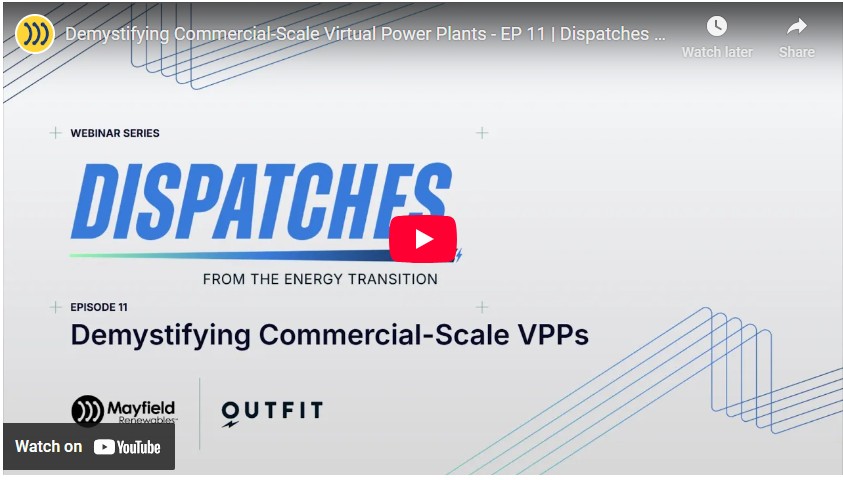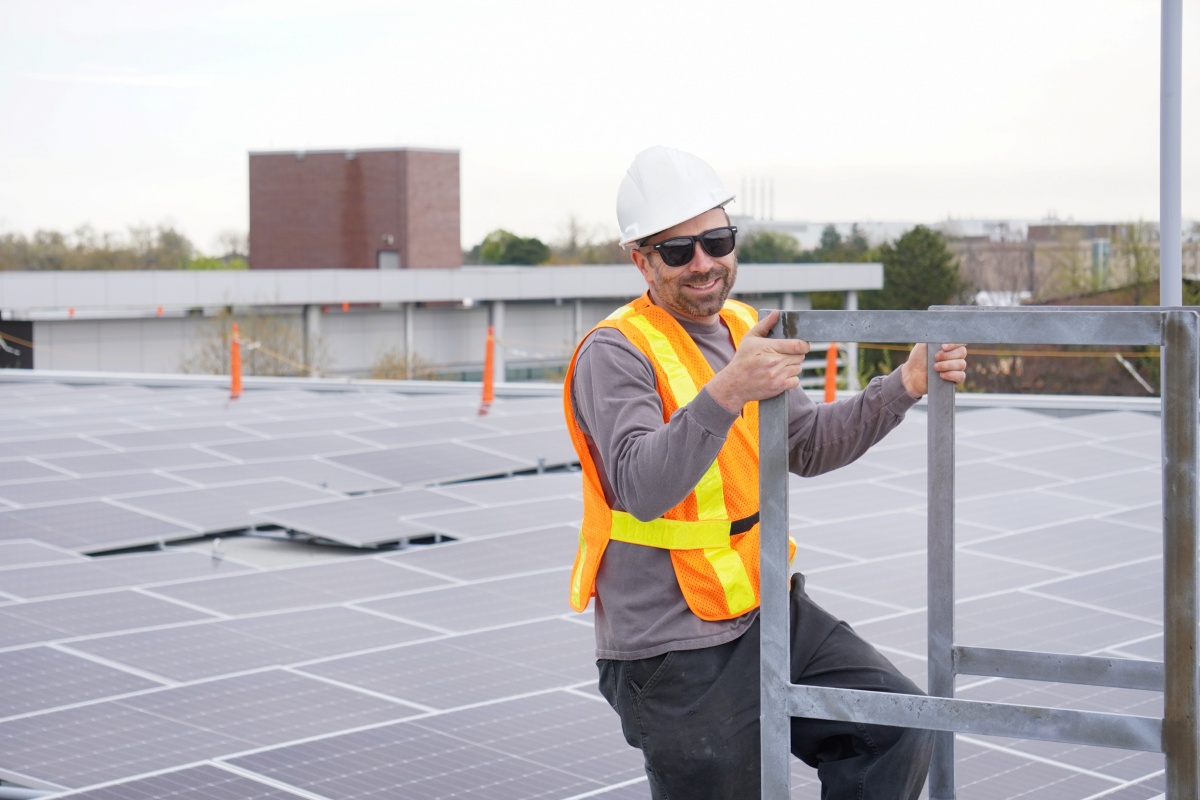Involved in Every Step
The United States’ largest panel manufacturer also offers construction services.
Did you know SolarWorld does more than just produce solar modules? The company also designs and installs large-scale projects. Solar Builder had a chance to speak with Dave Wallerstein, manager of business development, and Julie Ungerleider, head of systems, about SolarWorld’s growing involvement in the construction side of business.

SolarWorld crew members prepare panels to be installed at the 25-MW Desert Star Solar Projects near Twentynine Palms, Calif.
How long has SolarWorld been directly involved with building solar projects?
“We’ve been North America’s largest manufacturer of flat-plate silicon material for a long number of years, dating all the way back to 1979,” Wallerstein says. “We’ve continued to be what we like to think of as a recognized leader in PV from a product quality, product performance and product longevity point of view. We have participated in many and pioneered many of the industry’s firsts throughout this long history. Not only have we been a developer and manufacturer of the technology itself, but [we’re] also an integrator and have been developing a capability for the design, the engineering and the construction of large-scale systems.
“It was about the time when the industry transformed from an off-grid business to an on-grid business (2000-2001) that we began to really increase our construction and engineering resources. More recently we’ve directed our attention to the larger utility-scale efforts.”
How much of SolarWorld’s business comes from EPC services?
“We have approximately 500 MW of U.S.-based production and about 700 MW of European production, so about 1.2 GW of annual [module] production capacity,” Wallerstein says. “Our worldwide direct product installation activity probably represents only about 5 percent of that. Our objective for the next few years is to increase that to about a third of our business.”
Why is it important for SolarWorld as a module manufacturer to be involved in the construction and installation of projects?
“One of the primary reasons that we think it is invaluable for us to do turnkey systems direct to end-users is to continue to innovate a core product, that being the solar module,” Wallerstein says. “By being able to understand its use in projects — whether its roof-mount, ground-mount, trackers, carports — by doing those types of installations and understanding the construction aspects of utilizing the product in the field, we’re able to innovate the product itself to provide benefits to the wide variety of contractors that we supply our products to.”
What services does your EPC division offer?
“Our engineering group is comprised of in-house engineer capabilities,” Ungerleider says. “We have mechanical, civil and electrical engineers that can design the whole system, as well as project managers and construction managers. For the most part we do the design internally. We also have our own mounting systems for both ground and rooftop systems. We have an R&D group that works on the evolution of those systems and is constantly improving their design. Depending on the project, depending on the site, we utilize our mounting solutions.”
Do you think SolarWorld’s manufacturing presence helps you find construction jobs?
“We, like many other EPC companies, have a long-standing capability and understand the various aspects of system design and system performance,” Wallerstein says. “We believe that, coupled with the solar modules we produce, would be an attractive combination for the ultimate investor in these projects.”
Is SolarWorld’s involvement in different areas of the solar industry beneficial to customers?
“We think that we can offer superior value to our customers through a re-definition of what vertical integration means,” Wallerstein says. “We start with the raw material, produce our own ingot material, we do our own ingot shaping and wafering and cell processing and module assembly. But now taking that all the way through system design, engineering and construction — we can really control all elements of quality control and system performance and deliver to a customer superior value because of that.
“Our ultimate goal is to provide an adequate return to our shareholders through providing high-quality, high-performing solar products through the complete value chain of the solar industry.”





Comments are closed here.